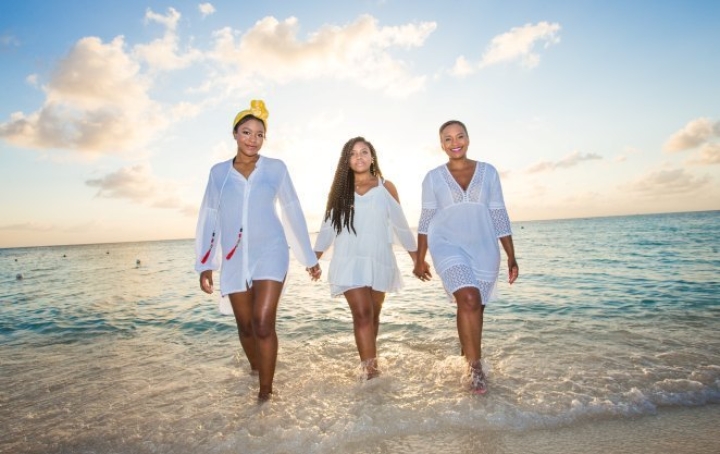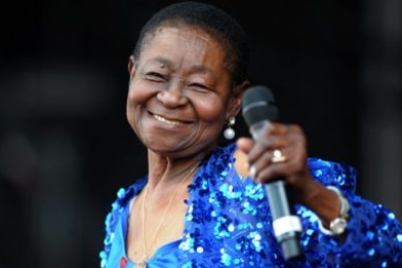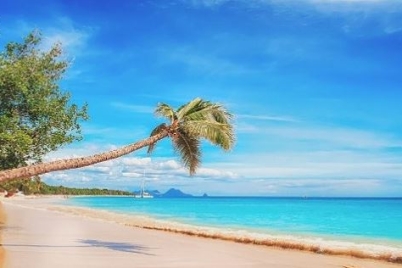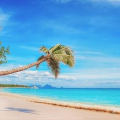….My first experience with racial discrimination in Jamaica. Can you imagine that? In the land of my birth.
Photo by Jackie Parker on Unsplash – (not the actual photo of the women in the article)
On February 1, 2019, four mature women strolling together on a beach and two of the women were told that they basically did not belong on the beach.
Their walk started from Flavours Beach along the shoreline to Jewel Runaway Bay Beach & Golf Resort, in St. Ann’s, Jamaica.
The two White women were actually walking on the property of Jewel Runaway Bay Beach & Golf Resort’s property because they didn’t want to walk into the water.
Being aware of their rights, the two Black women ensured that they were not on the property of Jewel Runaway Bay Beach & Golf Resort, and walked along the shoreline.
I am a friend of one of the two women who was denied access. I asked my friend: Did you see any other Black person on the beach? “I didn’t see any other blacks on the beach,” she replied.
My friend is a decent and well-mannered Jamaican woman who lives in a Canadian city. My friend happens to be visiting the country where the beach is located; the main purpose of her visit was to participate in philanthropic humanitarian activities in a rural city in the country.
So after a well-orchestrated and successfully deployed charitable deed, it was time to unwind a bit and rejuvenate—what better place than on the shoreline next to Jewel Runaway Bay Beach & Golf Resort, in St. Ann’s, Jamaica.
Photo courtesy of www.jewelresorts.com
Imagine, four people, walking on a beach in Jamaica, in the joy of the sun, sea, and sand. The relaxing ocean breeze was interrupted by a security guard, John Tom, from his perch of racism, mental slavery, and disrespect to announce to my friend that she and her cousin, who is also a Black woman, were not allowed access to the beach. Here is what happened:
A uniformed security guard, who seemed to be in his 40’s, and did not identify himself, walked from the guardhouse towards us. He approached us on the shoreline; “he was, however, polite.”
He told my cousin and me that visitors are not allowed because activities were in progress. I asked him how he knew that we aren’t guests and he responded that he didn’t see us leave the premises. I then asked him about my white friends and he said that he radioed in. I questioned him on the set back between Jewel’s property and the shoreline. He appeared shocked and responded, “go ahead, mam.”
The White women were in disbelief but said nothing.
Why is this behaviour, expressed by “John Tom”, still tolerated in Jamaica? I would venture to say that this behaviour is still expressed in other Caribbean countries and other places in the world. However, I will focus my words on the tolerance of this behaviour in Jamaica, a country that depends on tourism for a major part of its revenue. This type of attitude has always been present among many Jamaicans in all aspects of life.
During my youthful days, Jamaica was a place where many people saw the White person, or the person of fair complexion as a better person, a more brilliant or learned person, a more decent person, a more worthy person, and in general, superior to a Black person. Over time, these attitudes have changed among many, but the tentacles of racism still dwell in the hearts of many. Mental slavery continues to harm the minds of people in all walks of life—from the highly academically educated to those who need to be better educated about humanity.
This incident is not isolated, in my opinion. These types of incidents must be unfiltered and reported to the management of hotels and to the general public.
Hotels and other businesses in the tourism industry must teach all of their employees to treat every guest with the same level of decency and respect. The Prime Minister of Jamaica, the Minister of Tourism, and the Director of Tourism must ensure that every hotel or business in the tourism industry continues to implement and maintain rules and regulations which decry racism in Jamaica’s tourism industry.
If this incident had happened in a predominantly White country there would be vociferous outrage about discrimination, racism, boycotts, black lives matter, etc.
It is time for racism to leave the hearts and minds of people in general. It is high time for every person in Jamaica to feel as if he/she belongs, that he/she is Black enough to be accepted in any establishment or place of business.
On the way back from their walk, my friend approached the security guard and tried to educate him on racism. She also told him, “I have to deal with racial profiling abroad and am surprised that I am experiencing the same in my homeland and that under no circumstance that I will allow myself to be unfairly treated by anyone.”
She continued, “From talking to the security guard, I realized that he was only following procedures and I almost felt sorry for him because he was very apologetic. I told him that if I had time, I would definitely speak with management about their policy. Rest assured, I’ll be speaking with them on my next visit to Jamaica.”
This incident must not be hidden under the sandy beaches. The hotel industry in Jamaica must address this and similar issues in a responsible manner; John Tom must retrospectively review his actions and change from within. Others who harbor hatred and racist characteristics must address the issues they deal with before working in public places.
Karl A. Haughton
@thecaribcurrent




































